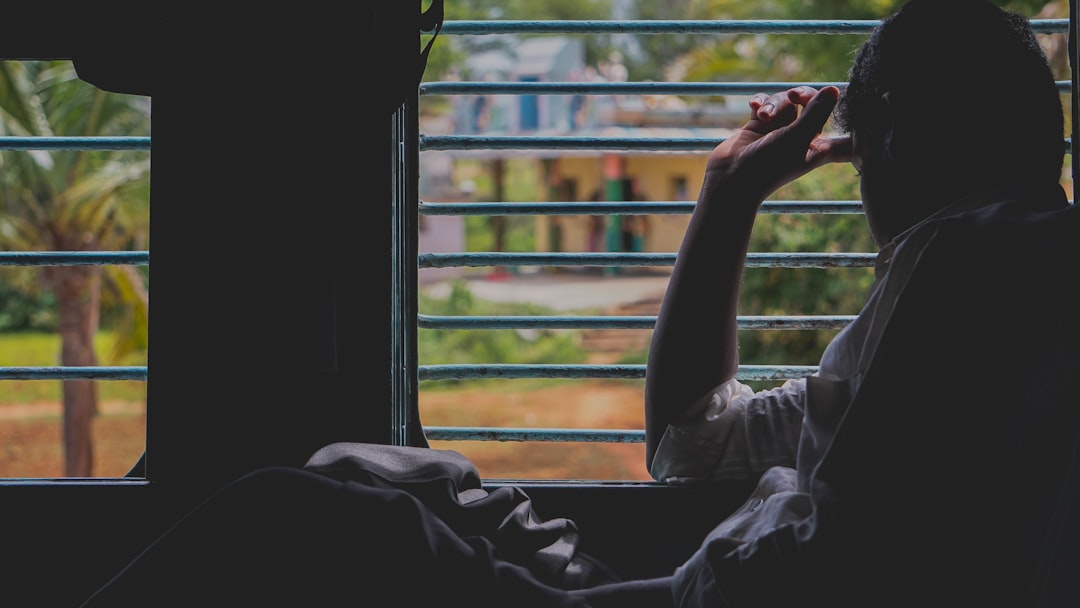The Politics of Home Alone
When is it okay to leave a child unattended? This surprisingly simple question has some complex answers that change with the decades.
We were never left unattended at home in the 1980s and 1990s. Not for a minute. But we had a lot more freedom than a 2020s child has. There was no way to track our movements, so we would roam freely around our neighbourhood after school until the evening meal, and afterwards in summer until bedtime, and all day on a Saturday. Nobody knew where we were, but we always played in groups of at least two or three kids. We learned how to spot danger, although we never really spotted any. We certainly had watches and we knew we would be for it if we were more than ten minutes late. Fear of our parents made us stick to the deadlines we were given, not fear of strangers. We walked to school without our parents quite early on, and from age 11, we rode our bikes a couple of miles to school unattended, and part of the route was across a busy dual carriageway. Nobody came to harm. Was it just luck?
I was never left alone overnight until the age of 18, when the rest of my family went on holiday without me. I had experienced my first parent-free holiday in Majorca that year, also my first ever time on a plane if you can believe that, and I felt I was too grown up to bother with a family trip. Of course, I was bored from the first minute their car left the drive and regretted that decision many times during the week they were away. But I have friends who were left alone at a younger age, in the middle teens, as arrangements meant they were surplus to requirements when various step-parents wanted quiet time without other peoples’ kids in a nice climate. But nobody came to harm.
There were people in the 1980s who did not have a telephone. A very common way to ask someone for their phone number was to say: “Are you on the phone?” A surprising number of people would reply no. We knew of relatives in small villages who never locked their doors. In the suburbs of our major city, nobody was quite that foolish. We had power cuts quite regularly, and kept a drawer full of candles. It might sound like the dark ages to you, but it really wasn’t. Apart from a few missing techno gadgets, life was just the same then as it is now. Which makes me rethink my attitude to the 1950s and 1960s, which were even more halcyon times, we were led to believe, when crime rates were at zero and everyone loved their neighbour. But didn’t Hindley and Brady kill all those children in the 1960s?
This article was posed by various comments I saw on YouTube about the murder of Christopher Laverack, and by a commenter here on Crime Guy. Please do keep adding comments below!
Christopher was staying with his step-sister, as he quite often did, on the night he disappeared. There were no adults in the house when he was taken. This immediately brought to mind the criticism faced by the parents of Madeleine McCann when she was abducted. Was it okay for Christopher, aged 9, to be left alone in his own home? And if so, for how long? But wasn’t Maddy only 3? What age is too young? What length of time is too long?
As Crime Guy, my job is mainly to sit on the fence. To weigh the evidence, to consider all perspectives. Sometimes it is quite hard. I remember when Madeleine disappeared being very dismissive of the McCanns. They were foolish, if not negligent. But now I have a child. Although we would never have left her alone at night at that age, and would not do so now she is 11 going on 21. We leave her alone with her iPhone for perhaps half an hour as part of her ‘growing older’ training course, but never after dark. Everyone brings their own approach to parenting. But I do understand the need for a rest, and the temptations posed by a holiday in a sunny location in an apartment complex that must have appeared perfectly safe to an English tourist. They checked on the kids every hour, or was it every half hour. What could possibly go wrong?
My opinion on this has developed gently for ten years and it is very simple. There is only one person to blame for Christopher Laverack’s murder, and one person for Madeleine McCann’s murder. Don’t blame the parents, or the step-sister, or the step-sister’s husband. Every tragedy is caused by a number of seemingly innocuous events. If you change one event, you prevent the tragedy. Think of a car crash or plane crash. One little change, and disaster is averted. By the laws of averages and probability, not all tragedies will be prevented. The reason I am alive today is as much down to luck as anything else. Christopher and Maddy did not die because they were left unattended, for however long. They died because an evil person decided to kill them.


